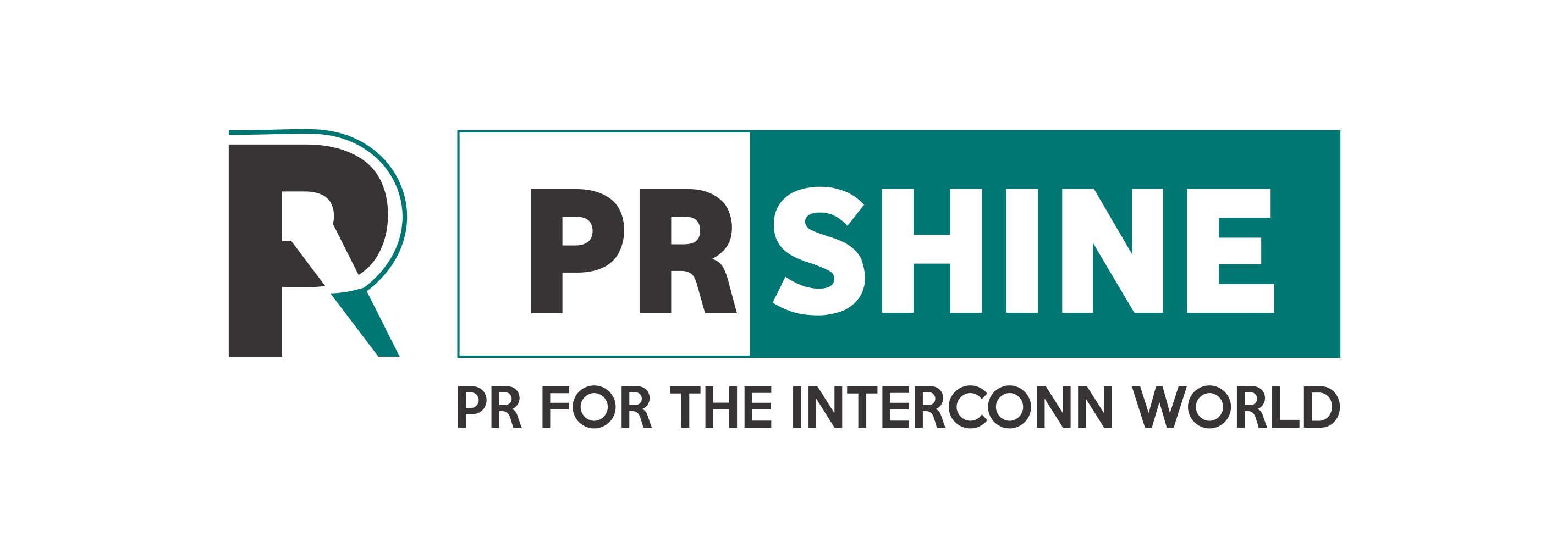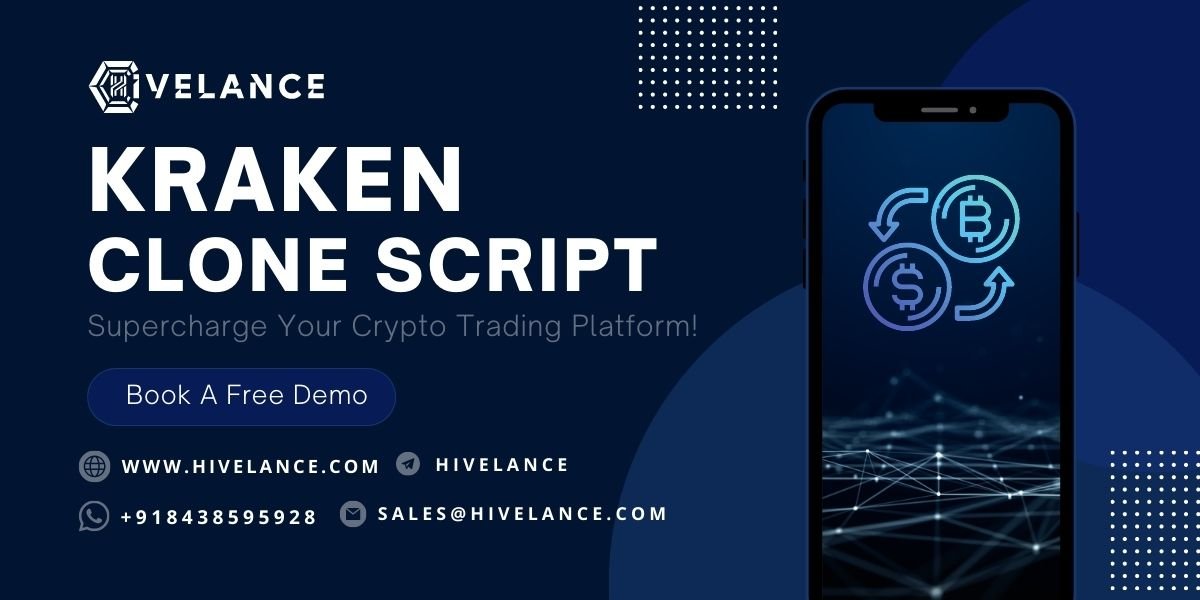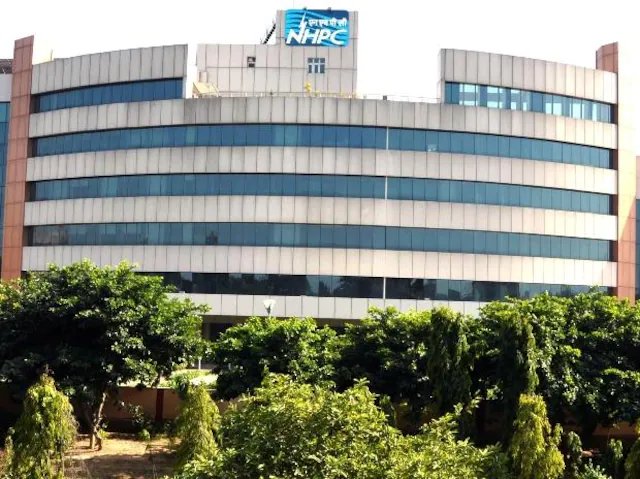Can I learn PHP course in 3 months?
Web services are software components that enable communication between disparate systems over the internet. They follow a standardized protocol for exchanging data and functionality, making them platform-independent and language-agnostic.

Can I learn PHP course in 3 months?
Creating and consuming web services in PHP
Introduction to Web Services
Web services are software components that enable communication between disparate systems over the internet. They follow a standardized protocol for exchanging data and functionality, making them platform-independent and language-agnostic. Web services facilitate seamless integration between applications, allowing them to interact and share resources efficiently. If you're wondering, Can I learn PHP course in 3 months? the answer depends on various factors such as your prior programming experience, dedication, and the quality of resources available to you.
Understanding SOAP (Simple Object Access Protocol)
SOAP is a protocol for exchanging structured information in the implementation of web services. It relies on XML as its message format and typically operates over HTTP or SMTP. SOAP defines a set of rules for structuring messages, including envelopes, headers, and bodies, ensuring interoperability between different systems.
Exploring REST (Representational State Transfer)
REST is an architectural style for designing networked applications, particularly web services. It emphasizes a stateless client-server communication model, where resources are identified by URIs (Uniform Resource Identifiers) and manipulated using standard HTTP methods such as GET, POST, PUT, and DELETE. RESTful services are lightweight, scalable, and easy to implement.
Creating SOAP Web Services in PHP
PHP provides robust support for creating SOAP-based web services using the SOAP extension. Developers can define functions or methods within PHP scripts and expose them as SOAP operations. These operations can then be accessed by clients over the internet using SOAP clients in various programming languages.
Consuming SOAP Web Services in PHP
Consuming SOAP web services in PHP involves creating a SOAP client object using the `SoapClient` class provided by PHP. Developers can specify the WSDL (Web Services Description Language) file or the endpoint URL of the SOAP service they intend to consume. Once the client is instantiated, they can invoke remote methods exposed by the service and process the response accordingly.
Creating RESTful Web Services in PHP
PHP offers flexibility for creating RESTful web services using frameworks such as Slim, Lumen, or even vanilla PHP. Developers can define routes corresponding to different resource URIs and specify the HTTP methods allowed for each route. Within the route handlers, they can implement the logic to handle requests, process data, and return appropriate responses.
Consuming RESTful Web Services in PHP
Consuming RESTful web services in PHP involves making HTTP requests using libraries like cURL or Guzzle. Developers can send requests to the endpoints exposed by the RESTful service, specifying the HTTP method, headers, and payload as needed. Upon receiving the response, they can parse the data and manipulate it according to their requirements.
Best Practices for Web Service Development
When developing web services in PHP, it's essential to adhere to best practices to ensure reliability, security, and performance. Some key practices include validating input data, sanitizing user inputs to prevent SQL injection and cross-site scripting (XSS) attacks, implementing authentication and authorization mechanisms, handling errors gracefully, and optimizing performance through caching and asynchronous processing.
Conclusion
In conclusion, creating and consuming web services in PHP opens up a world of possibilities for building powerful, interconnected applications, making it an essential skill for PHP training in Chandigarh. Whether leveraging SOAP for enterprise-grade integrations or embracing REST for lightweight, scalable solutions, PHP provides the tools and frameworks necessary to meet diverse requirements. By following best practices and staying abreast of emerging technologies, developers can harness the full potential of web services to drive innovation and enhance user experiences.
Frequently Asked Questions (FAQs)
- What are web services, and why are they important in PHP development?
Web services are software components that facilitate communication and data exchange between different systems over the internet. They follow standardized protocols like SOAP or REST to enable interoperability and seamless integration between diverse applications. In PHP development, web services play a crucial role in building interconnected solutions, allowing developers to access and manipulate data across various platforms and technologies. Whether it's integrating with third-party APIs, sharing resources between internal systems, or enabling mobile applications to interact with backend servers, web services provide a robust foundation for modern PHP applications.
- How do I choose between SOAP and RESTful web services for my PHP project?
The choice between SOAP and RESTful web services depends on various factors, including the project requirements, existing infrastructure, and performance considerations. SOAP is well-suited for enterprise-grade integrations that require strong message-level security, transactional support, and protocol extensibility. It provides a standardized approach to defining services and operations, making it ideal for scenarios where strict contract-based communication is necessary. On the other hand, RESTful web services are lightweight, scalable, and easy to implement, making them suitable for building APIs that prioritize simplicity and flexibility. REST is often preferred for web applications, mobile apps, and scenarios where resource-based interactions and stateless communication are sufficient.
- Can I consume web services from PHP applications built with frameworks like Laravel or Symfony?
Yes, absolutely. PHP frameworks like Laravel and Symfony provide built-in support and tools for consuming web services. You can use libraries such as GuzzleHTTP in Laravel or Symfony's HTTP client component to make HTTP requests to external APIs or RESTful services. These frameworks offer convenient methods for handling responses, parsing JSON or XML data, and integrating the retrieved information into your application's logic seamlessly. Whether you're fetching data from a remote server, interacting with cloud services, or integrating with third-party APIs, Laravel, Symfony, and other PHP frameworks offer robust solutions for consuming web services efficiently.


 asmeerana605
asmeerana605 









